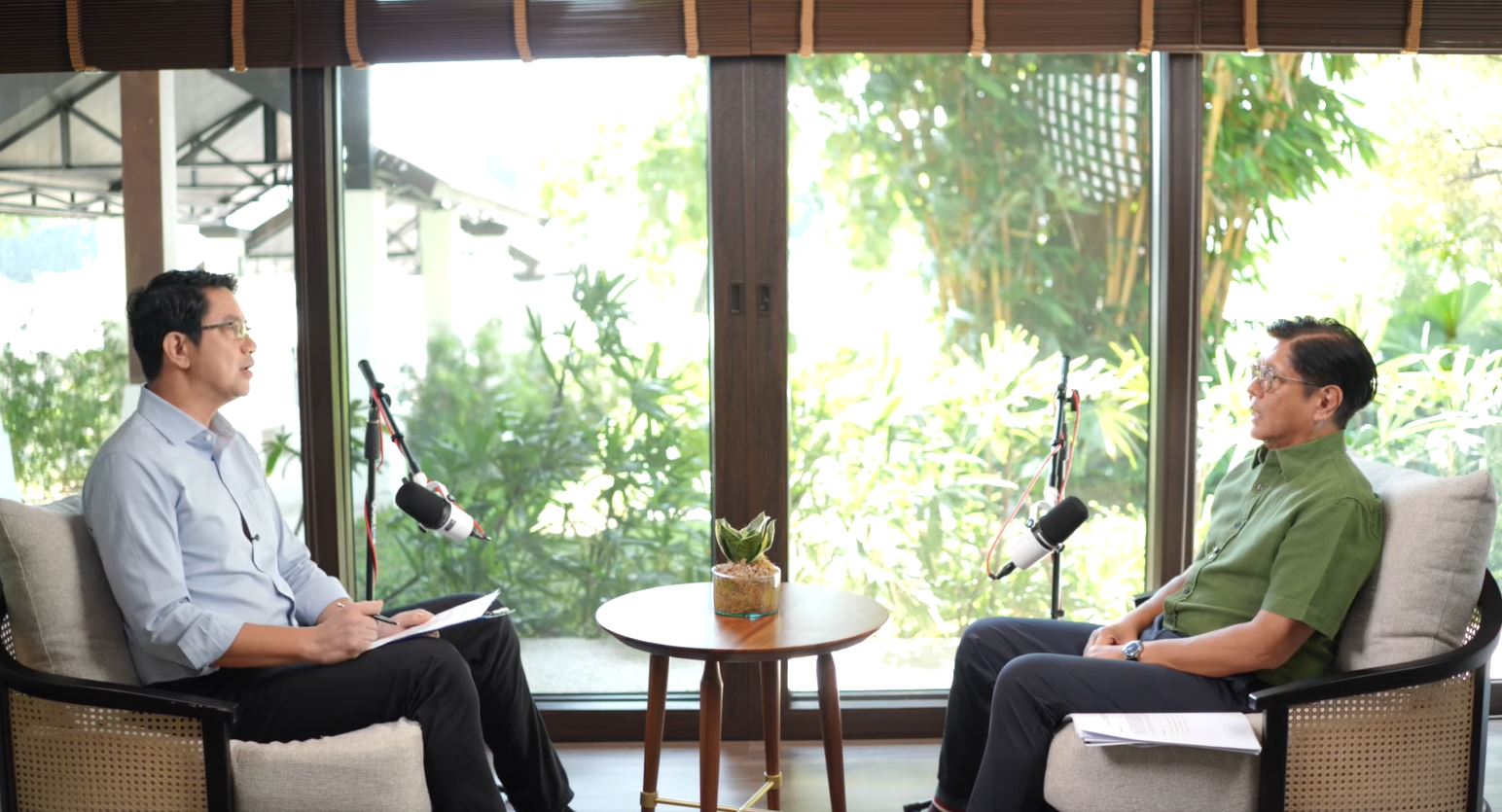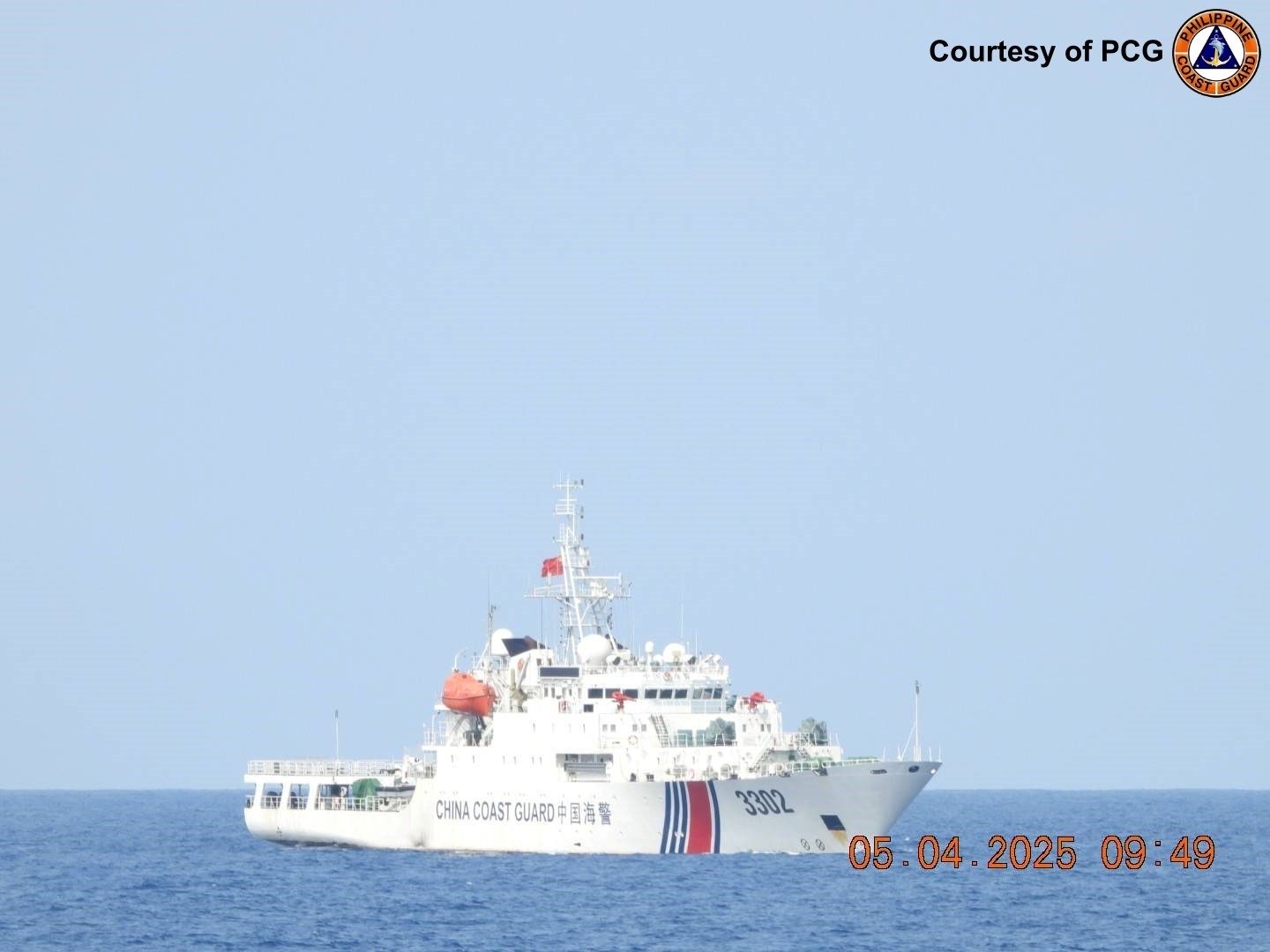
By Brian Campued
President Ferdinand R. Marcos Jr. reiterated his commitment to strengthening the education system in the country, vowing to prioritize education-centric reforms, policies, and projects in the last three years of his administration.
In the fourth part of the BBM Podcast Episode 3 posted on Saturday, the President emphasized the importance of putting a premium on education, which will ultimately boost human capital.
According to Marcos, physical developments will not be properly attained if the workforce lacks appropriate training due to gaps in access to reskilling, upskilling, or even formal education.
The Chief Executive said his goal is to see at least one member of every Filipino family graduate from college or technical-vocational school, the same remark he made during his fourth State of the Nation Address (SONA) last month.
“‘Pag hindi maganda ang training, hindi maganda ang edukasyon ng mga Pilipino, hindi naman sila makakapag-compete, hindi ba in the labor market?… Kaya ang puno’t dulo talaga [nito ay] education,” he said.
“Our greatest resource is our people. Our greatest resource is the human capital of the Philippines,” he added.
For the President, an improved education system is the project he wanted to finish before his term ends.
“‘Pag nagawa natin ito, successful ‘yun… And that’s why education for me will be the gauge of success of this administration,” Marcos said.
On foreign policy
Following his fourth SONA when he said that the Philippines is a “friend to all and an enemy to none,” the Chief Executive stressed that the administration remains committed to defending the country’s sovereign rights and territory in the West Philippine Sea (WPS).
“Hindi naman nagbabago. Because continuing to defend strongly our territory is not mutually exclusive from being a friend to all and an enemy of none. Wala naman talaga tayong kinakalaban eh. Lahat naman kinakaibigan natin,” Marcos said.
“Pero ipagtatanggol natin ang soberanya ng Pilipinas. Ipagtatanggol natin ang teritoryo ng Pilipinas. You can do both. You don’t have to choose one or the other,” he added.
In line with this, the President said that he would push for the adoption of the legally binding Code of Conduct (COC) for the South China Sea (SCS) when the Philippines assumes the chairship for the Association of Southeast Asian Nations (ASEAN) in 2026.
“We will certainly try because it is very very important… And it’s very important to the Philippines because ang pinakamainit na lugar sa West Philippine Sea ay dito sa banda sa atin. Kaya mahalaga sa atin na magkaroon tayo ng Code of Conduct,” he explained.

He pointed out that it would be easier for the Philippines to protect WPS from foreign intrusion if there is a legally binding COC that sets the rules to prevent conflict and inappropriate activities in the SCS.
“That will make things a bit easier kasi hindi ka nag-aalangan na baka may mangyari. Hindi na puwedeng mangyari ‘yan dahil nagpirmahan na tayo, nag-agree na tayo na hindi natin gagawin ‘yan,” Marcos stressed.
As ASEAN 2026 chair, the President also expressed confidence that member-states will see the Philippines “as it is”—or what it is capable of.
“I want them to see the Philippines as it is. I’m so proud of the Philippines. It doesn’t need—the expression in English is ‘gilding the lily.’ Pinapaganda mo [pa], magandang-maganda na. Ang ganda-ganda ng Pilipinas.”
-jpv
